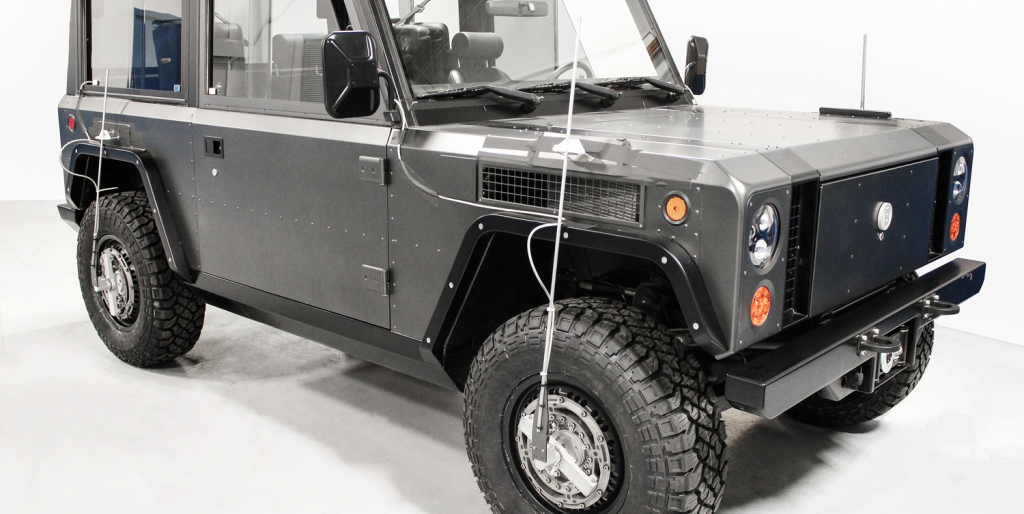Electric Vehicle Testing
Electric Vehicles (EVs) are pushing the automotive testing industry forward into new realms. The testing of Hybrid Electric Vehicles (HEV) and Plug-In Hybrid Electric Vehicles (PHEV) may be similar to the testing performed on Internal Combustion Engine (ICE) vehicles, but Battery Electric Vehicles (BEV) will require entirely new forms of testing. Developing these new vehicle systems requires extensive testing. Michigan Scientific Corporation has products for testing EVs and electric powertrains in laboratory environments and for on-vehicle testing.
Torque and Power Measurements
On HEVs and PHEVs where electric and ICE power units share a common drivetrain, torque measurements can be used to calculate power loss at each stage of the drivetrain. The most common way to measure torque is to apply a strain gauge bridge directly to the production shaft or axle, without the need for a custom torque transducer. To connect the spinning strain gauge bridge to a stationary data acquisition (DAQ) system, the power and signal can be routed through a slip ring assembly or through a wireless telemetry system. Michigan Scientific’s Wireless Telemetry Systems are designed to work with strain gauges and can be powered with a battery on the spinning side or with wireless induction power. Michigan Scientific has slip ring assemblies designed specifically for propshafts and constant velocity (CV) axles. Some slip ring assemblies have optional weatherproofing and encoders.
On BEVs with in-wheel motors, the wheels are coupled directly to the drive motors and there are no propshafts or drive axles. The only way to measure torque output on this type of vehicle is to use a Wheel Torque Transducer (WTT). Michigan Scientific WTTs accurately measure the driving and braking torque between the tire and the hub of a vehicle wheel. Independent torque measurements at each wheel can be used to test the stability control and traction control systems of BEVs.
New Handling Characteristics
BEV drivetrains will allow vehicle wheels to spin at different rates, or in different directions. This technology will give passenger vehicles new handling capabilities such as torque vectoring and skid steering. These complex maneuvers will require rigorous testing and to program new power control units and verify simulations and models. Wheel Force Transducers (WFT) are a critical part of vehicle dynamics testing. Michigan Scientific WFTs can measure the forces, moments, speed, and acceleration at each wheel and are designed to be used on vehicles in both on-road and off-road environments.
Michigan Scientific Corporation has offered vehicle testing solutions for over 50 years and offers precision instrumentation that will be used to develop future generations of electric vehicles. If you are interested in any of these products, please contact a Michigan Scientific Corporation engineer or your local sales representative today.
